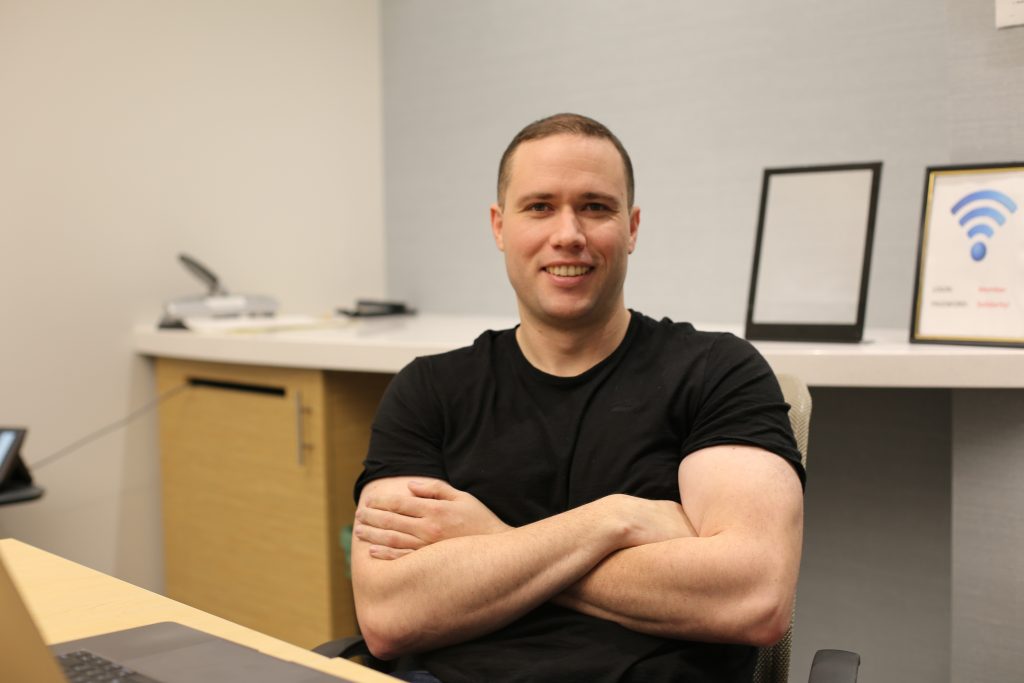Two B.C. investment funds save millions by ditching fossil fuels
Early adopters of fossil-fuel divestment weigh in
It’s been a big fall for fossil-fuel divestment: The University of California and Concordia University in Montreal both removed billions in investments from fossil-fuel companies.
But two B.C.-based groups — a union and a student society — beat them to it, and their higher returns might hint at what’s to come for larger institutions.
The B.C. Government Employees Union and UBC’s Alma Mater Society both saw their returns grow since they switched out their investments in fossil fuels.
“Half of our entire cumulative returns on the Canadian equities side over the last five years can be attributed simply to not being in energy or utilities,” said Paul Finch, treasurer of the union.
After divesting its members’ funds in 2015, the employees’ union is an early adopter of the movement. It’s also the only union in Canada to have divested from oil and gas, though Finch noted that others are showing interest.

Like the union, the student society’s returns are outperforming their previously fossil-fuel invested holdings. They made the switch to fossil fuel-free investments last year, and since then their rate of return jumped from 1.3 to 4.6 per cent, meaning that they pocketed an extra $448,000.
Michelle Marcus, a councillor of the student society was a pivotal player supporting the AMS’ decision to divest. When Marcus found out in 2017 that the organization was changing investment providers, she saw it as an opportunity to move towards a different investment strategy.

While she was initially met with hesitation from her colleagues and overall confusion around whether or not the union was actually invested in fossil fuels, Marcus managed to get access to the society’s investment holdings.
“In the first five things listed, Shell was in there, and there were fossil-fuel companies listed throughout,” she said.
That hard evidence set conversations in motion with the society’s investment managers at the Royal Bank of Canada and, in August 2018, the society had fully divested.
“Hopefully this is having ripple effects. I think it gives us a lot of leverage in advocating to the university and showing that we were able to make a fossil-fuel-free portfolio really easily,” Marcus said. “The returns are good, and we’re doing this because students have asked for it.”
But Marcus is clear about the limitations of the AMS experience.
“The returns over the past year are great, but I know that’s not vigorous enough evidence for an investment manager to decide to divest,” she said, adding that the society’s experience corroborates the findings from financial research being done at a larger scale.
For Christie Stephenson, executive director at the Dhillon Centre for Business Ethics at UBC’s Sauder School of Business, fossil-fuel divestment is just one tool in the toolbox for investors wanting to build more ethical portfolios, but when it comes to financial prudence, things are changing in terms of risk assessment.
“It’s hard to imagine as the evidence mounts that the climate crisis is not a business risk, and therefore an investment risk,” Stephenson said. “And for those individuals overseeing financial capital, the onus is now on them to be considering how climate risk impacts their portfolios.”
